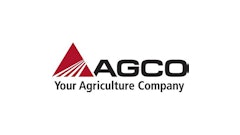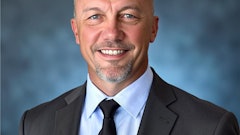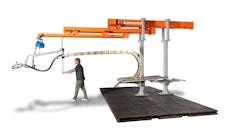The EU’s Internal Market must become truly ‘Single’ and ‘Digital’ if Europe’s agricultural and construction machinery industries are set to thrive in the future. This was the key message during a Dinner Debate organized at the European Parliament on October 11 by sector associations CECE and CEMA and the European Forum for Manufacturing (EFM). Chaired by MEP Jo Leinen, the debate focused on two essential questions: how to close remaining gaps in the Internal Market and how to make it fit-for- purpose in the Digital Age.
Single Market for off-road machines finally within reach
Industry speakers broadly welcomed the upcoming Commission proposal on the completion of the Single Market for off-road machines. The Commission aims to achieve this by creating one single approval system which will authorize mobile machines for road use across the entire EU without imposing further cumbersome national technical requirements.
CEMA President Richard Markwell called the initiative as “a cornerstone” of the Single Market and urged the Commission to include the proposal in the annual Work Program so as to table it soon and give enough time to the legislator to deal with it. In so doing, he encouraged the Commission to take recourse to existing legislation and harmonized standards. “Setting- up common safety rules for mobile machines will cut unnecessary costs and administrative burden when placing machines on the EU market,” he said. “This will greatly benefit customers and boost the competitiveness of Europe’s agricultural and construction equipment industries.”
Towards a Digital Single Market that is business-friendly & fit-for-purpose
Looking into the future, the debate focused on the critical importance of a supportive EU policy framework to master the digital transformation in both industries. While highly advanced digitized machines are already mainstream in both industries, the actual uptake of such technologies is still low in European agriculture and the EU’s construction sector. At the same time, and with technology evolving fast, both sectors need to master the bigger digital transformation to remain globally competitive. To do so, a supportive EU policy framework and a business-friendly Digital Single Market will be essential.
As an area of concern CECE President Bernd Holz mentioned the ePrivacy Regulation which is currently under review and aims at better protecting people’s life and personal data in electronic communication. Holz urged MEPs to exclude Machine-To-Machine communication (M2M) from the proposal, such as those happening on jobsites. “Tomorrow’s vote at the Justice and Home Affairs committee of the European Parliament is just a first step in this key file,” Holz said, “but it will give us a clear signal as to the EU’s real willingness to build a Digital Single Market that is truly fit for purpose and business-friendly.” According to Holz, there is a clear misunderstanding and a series of unintended consequences in the Commission’s proposal, which the Parliament must clarify. Freedom of contract should be the basis of business-to-business relations and an extension of the scope is incompatible with the General Data Protection Regulation (GDPR), in relation to which the E-Privacy Regulation is a lex specialis.
Further industry speakers also reiterated their claims towards the EU Institutions to support the development of digital skills, to improve high-speed broadband infrastructure in Europe and to use EU tools and programs to incentivize digital technology investment in agriculture and construction.
The Dinner Debate was the official opening event of the sectorial summits held by CECE and CEMA on October 11 and 12 in Brussels. The summits are bi-annual central networking events for the manufacturers of construction and agricultural equipment in Europe and EU politicians. The also attract representatives of suppliers, dealers, contractors, rental companies, industry representatives and exhibition partners.

![Hcm Ax Landcros Press Release[32] jpg](https://img.oemoffhighway.com/mindful/acbm/workspaces/default/uploads/2025/11/hcmaxlandcros-press-release32jpg.mAEgsolr89.jpg?auto=format%2Ccompress&fit=crop&h=100&q=70&w=100)
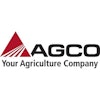
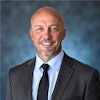
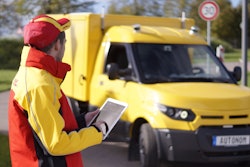
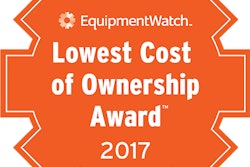
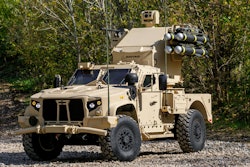
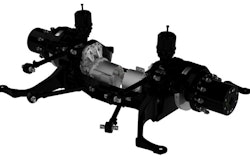
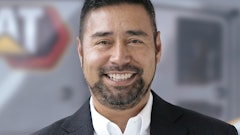
![Hcm Ax Landcros Press Release[32] jpg](https://img.oemoffhighway.com/mindful/acbm/workspaces/default/uploads/2025/11/hcmaxlandcros-press-release32jpg.mAEgsolr89.jpg?ar=16%3A9&auto=format%2Ccompress&fit=crop&h=135&q=70&w=240)
